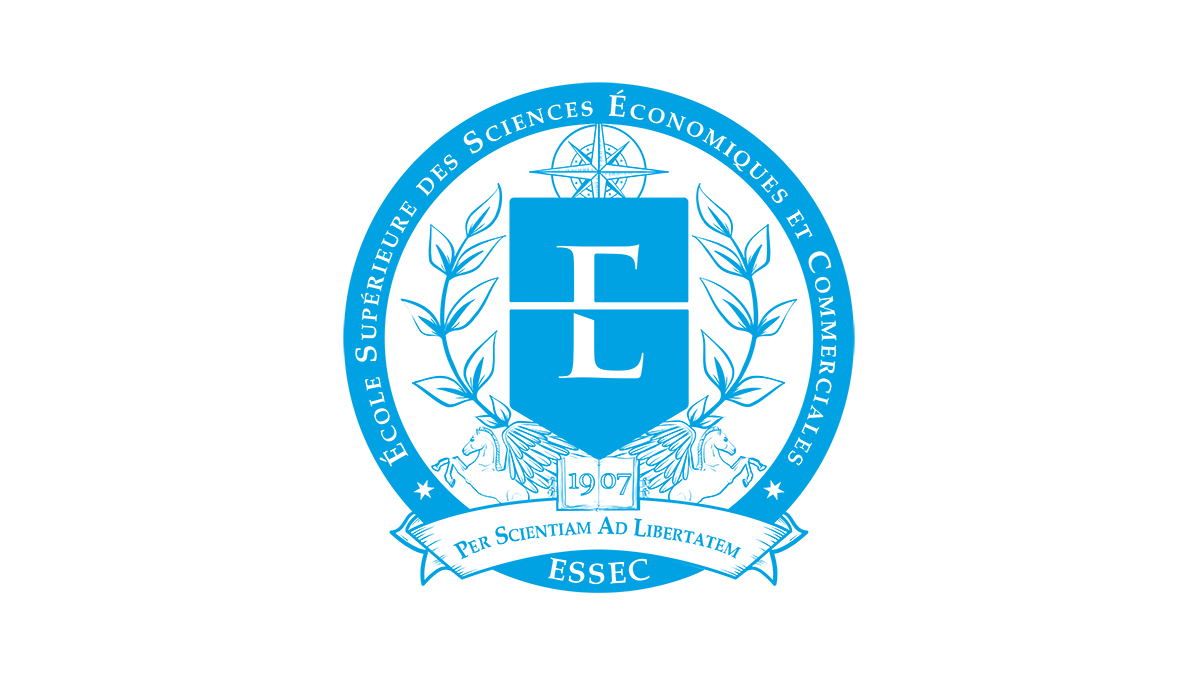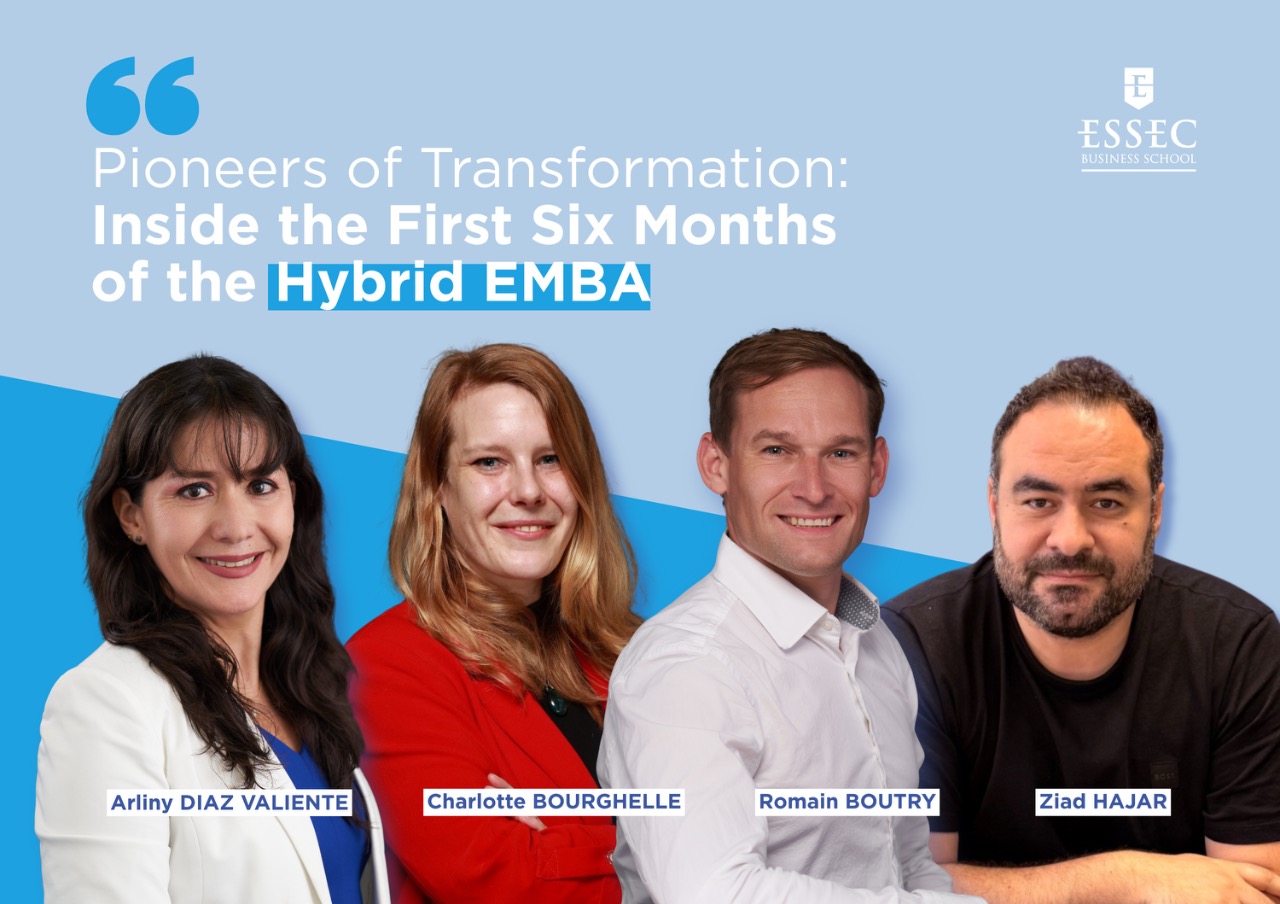
“We are seeing strong demand from companies seeking to better understand AI-related challenges, especially among leadership teams who may not come from technical backgrounds,” explains Sammy Bahda Delattre, Corporate Programs Designer at ESSEC.
“My role involves working upstream to design training programs with our partners. It’s often about demystifying AI, understanding how it can support business objectives, anticipating functional evolutions, and improving organizational efficiency.”
To meet these transformation challenges, ESSEC designs tailor-made programs that either include dedicated AI modules or weave the topic into more traditional subjects such as finance, strategy, or talent management. Artificial intelligence is no longer treated as a standalone topic but as a new lens through which all business activities are viewed.
A notable shift is underway: a growing number of executives, even those considered tech-savvy, now openly acknowledge the need for support to keep pace with a fast-evolving technology that is fundamentally reshaping the way we work. In this context, a bottom-up approach, starting from employees’ real-world use cases and feeding into a broader strategic vision, may offer an initial response to the growing anxiety around falling behind.




